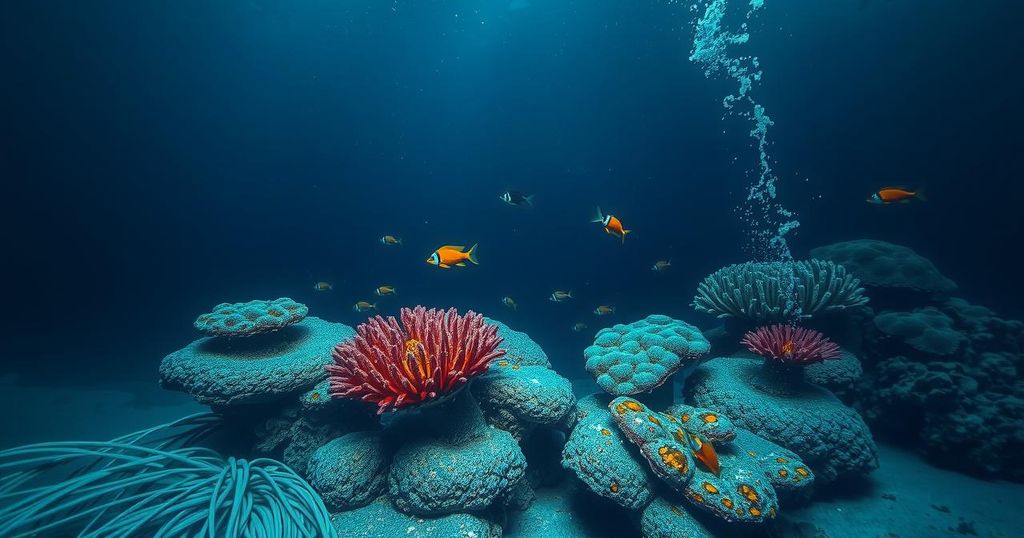Fiji will uphold a moratorium on deep-sea mining until further scientific evidence is provided, as stated by Prime Minister Sitiveni Rabuka. This approach stresses the importance of science in policymaking and acknowledges input from NGOs, though final decisions will be made by the government.
Fiji’s Prime Minister Sitiveni Rabuka has affirmed the nation’s commitment to a moratorium on deep-sea mining (DSM) until further scientific evaluations are concluded. In a recent media interview, he stated, “At the moment we support the deep-sea mining moratorium until we get the scientific report from (the) science people.” This stance reflects a cautious approach similar to Fiji’s position regarding the Fukushima nuclear wastewater issue, underscoring the importance of science-driven policy decisions.
Mr. Rabuka elaborated that the government is awaiting a comprehensive scientific report before lifting the moratorium. He emphasized the need for definitive scientific conclusions to reassure leaders and the public about the safety of deep-sea mining activities. He noted, “We do not have a comprehensive and conclusive science report to give the leaders the comfort to say, lift the moratorium.”
In response to the concerns raised by various non-governmental organizations (NGOs) advocating for a permanent prohibition on DSM, the Prime Minister stated that the government will evaluate these perspectives. He made it clear that the final decision rests with the government, stating, “It is the Government that decides, not the NGOs.” This demonstrates a willingness to consider public input while maintaining governmental authority in environmental policymaking.
In conclusion, Fiji’s government prioritizes scientific input in its approach to deep-sea mining, maintaining its moratorium until new studies are completed. Prime Minister Sitiveni Rabuka highlighted that concerns from NGOs will be reviewed, but emphasized that the ultimate decision will be made by the government. This approach embodies a careful consideration of environmental impacts and public health regarding extractive industries.
Original Source: www.fijitimes.com.fj




